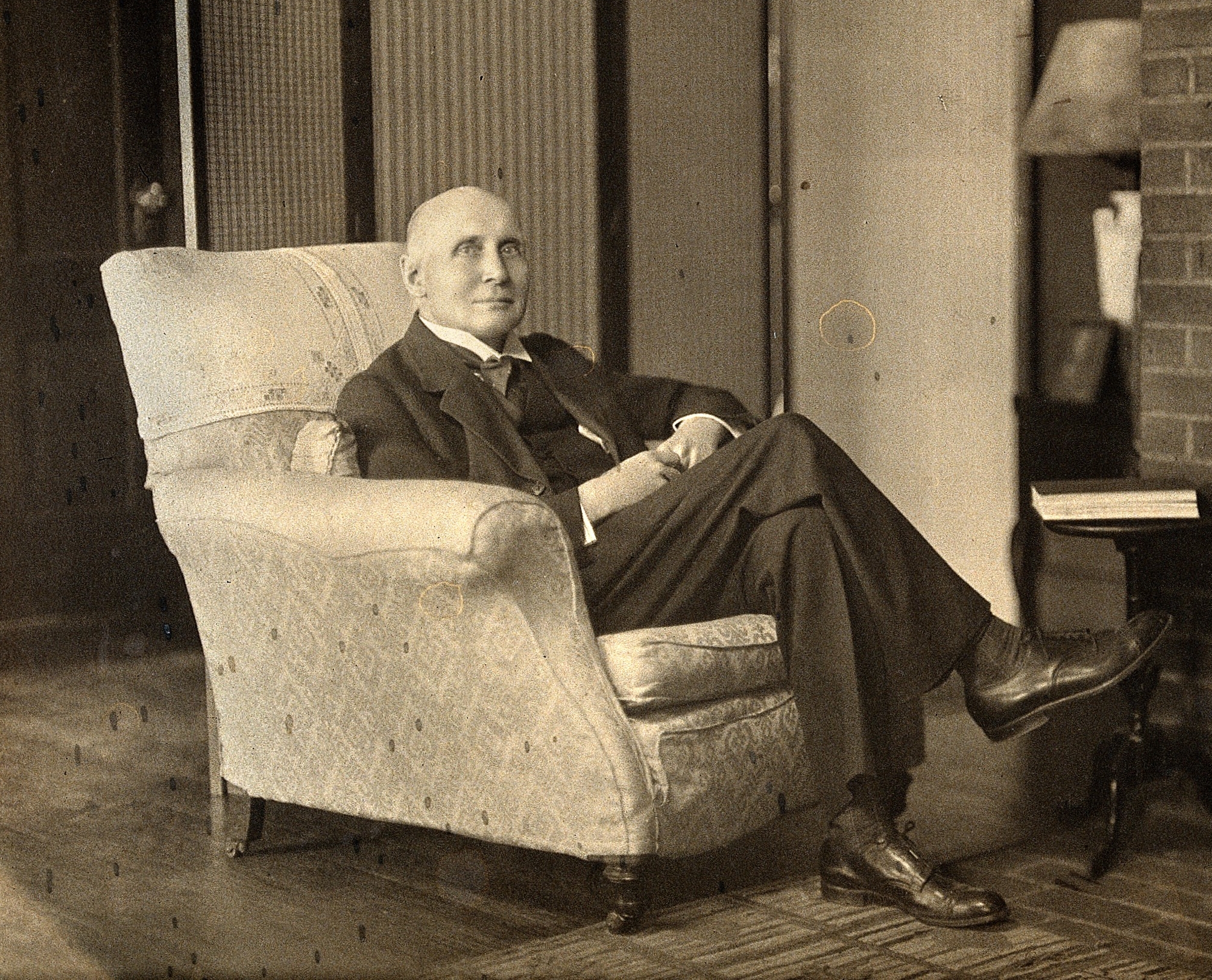Alfred North Whitehead frasi celebri
Origine: Citato in Gino Ditadi, Introduzione: L'animale buono da pensare, in I filosofi e gli animali, vol. 1, Isonomia editrice, Este, 1994, p. 51. ISBN 88-85944-12-4
Origine: Da Dialogues of Alfred North Whitehead.
Origine: Da Una introduzione alla Matematica.
Alfred North Whitehead Frasi e Citazioni
Science and the modern world
“Una gran parte dell'esperienza maturata non può essere espressa con le parole.”
Origine: Citato in Focus n. 108, p. 204.
Alfred North Whitehead: Frasi in inglese
Origine: Attributed from posthumous publications, Dialogues of Alfred North Whitehead (1954), Ch. 32, January 13, 1944.
Origine: 1910s, An Introduction to Mathematics (1911), ch. 1.
Origine: Attributed from posthumous publications, Dialogues of Alfred North Whitehead (1954), Ch. 22, August 30, 1941.
“A precise language awaits a completed metaphysics.”
1920s, Process and Reality: An Essay in Cosmology (1929)
Origine: Attributed from posthumous publications, Dialogues of Alfred North Whitehead (1954), p. 66
Origine: 1920s, Science and the Modern World (1925), Ch. 5: "The Romantic Reaction"
The Function of Reason (1929), Beacon Books, 1958, p. 16
1920s
“The English never abolish anything. They put it in cold storage.”
Origine: Attributed from posthumous publications, Dialogues of Alfred North Whitehead (1954), Ch. 36, January 19, 1945.
1920s, Science and the Modern World (1925)
Origine: Attributed from posthumous publications, Dialogues of Alfred North Whitehead (1954), Ch. 29, June 10, 1943.
“Intolerance is the besetting sin of moral fervour.”
Origine: 1930s, Adventures of Ideas (1933), p. 63, Ch. 4 http://books.google.com/books?id=UZeJuLvNq80C&q="Intolerance+is+the+besetting+sin+of+moral+fervour"&pg=PA50#v=onepage
1920s, Process and Reality: An Essay in Cosmology (1929)
1910s, The Principles of Natural Knowledge (1919)
“No member of a crew is praised for the rugged individuality of his rowing.”
"Harvard: The Future," http://books.google.com/books?id=X3k5AQAAIAAJ&q=%22No+member+of+a+crew+is+praised+for+the+rugged+individuality+of+his+rowing%22&pg=PA266#v=onepage The Atlantic Monthly, September 1936 http://pqasb.pqarchiver.com/theatlantic/doc/203819851.html?FMT=CITE&FMTS=CITE&type=current&date=Sep+1936&author=Alfred+North+Whitehead&pub=The+Atlantic+(1932-1971)&edition=&startpage=260-270&desc=Harvard:+The+future
1930s
Pt. II, ch. 10, sec. 1.
1920s, Process and Reality: An Essay in Cosmology (1929)
Origine: 1920s, Science and the Modern World (1925), Ch. 11: "God"
Origine: Attributed from posthumous publications, Dialogues of Alfred North Whitehead (1954), Ch. 43, November 11, 1947.
1910s, The Principles of Natural Knowledge (1919)
“The deepest definition of youth is life as yet untouched by tragedy.”
Origine: 1930s, Adventures of Ideas (1933), p. 285.
Pt. I, ch. 1, sec. 6.
1920s, Process and Reality: An Essay in Cosmology (1929)
“The deliberate aim at Peace very easily passes into its bastard substitute, Anesthesia.”
Origine: 1930s, Adventures of Ideas (1933), p. 284.
“The chief danger to philosophy is narrowness in the selection of evidence.”
Pt. V, ch. 1, sec. 1.
1920s, Process and Reality: An Essay in Cosmology (1929)
“Life is an offensive, directed against the repetitious mechanism of the Universe.”
Origine: 1930s, Adventures of Ideas (1933), p. 102.
Origine: 1920s, Science and the Modern World (1925), Ch. 13: Requisites for Social Progress.
Symbolism: Its Meaning and Effect (1927), chapter 3, p. 88; final paragraph of the book.
1920s
“The greatest invention of the nineteenth century was the invention of the method of invention.”
Origine: 1920s, Science and the Modern World (1925), Ch. 6: "The Nineteenth Century"
“Education is the acquisition of the art of the utilisation of knowledge.”
1920s, The Aims of Education (1929)
Origine: 1930s, Adventures of Ideas (1933), p. 203.
